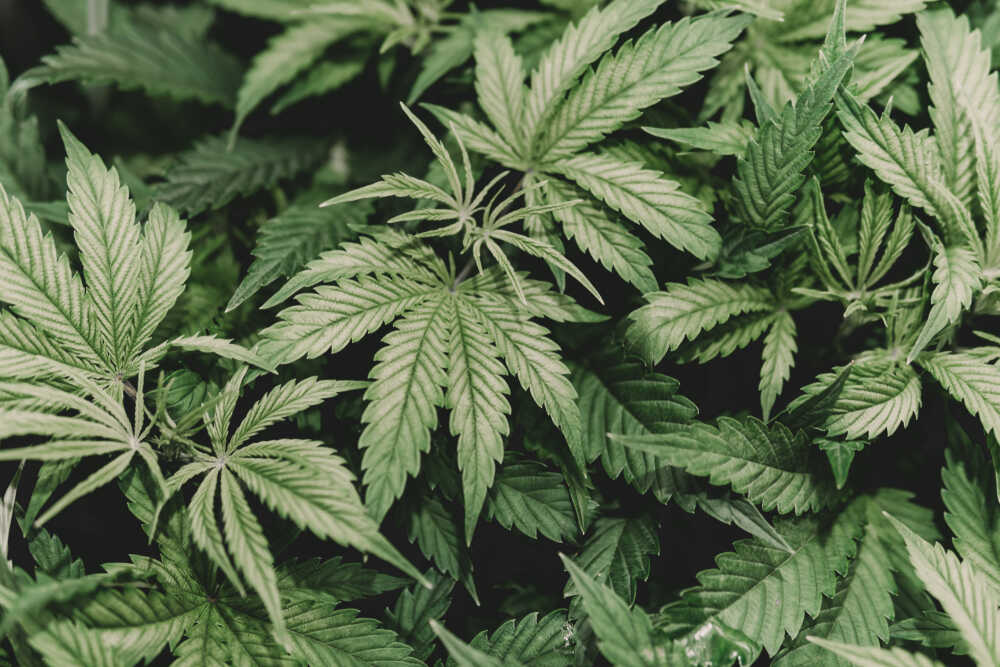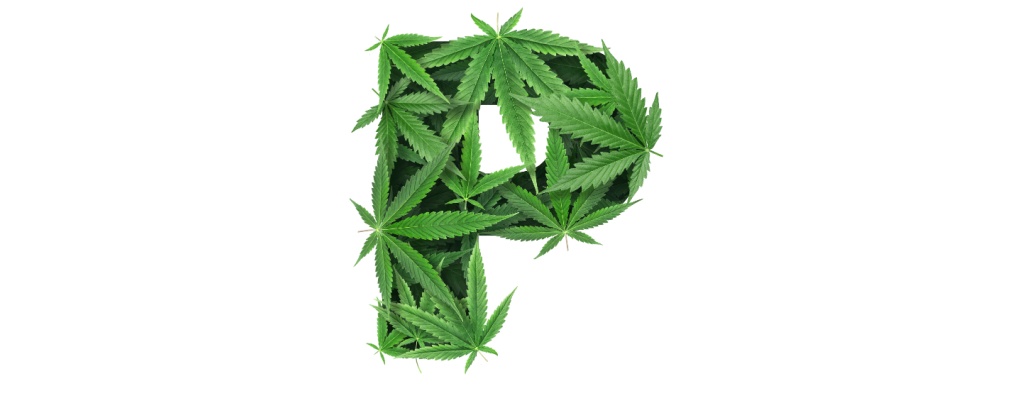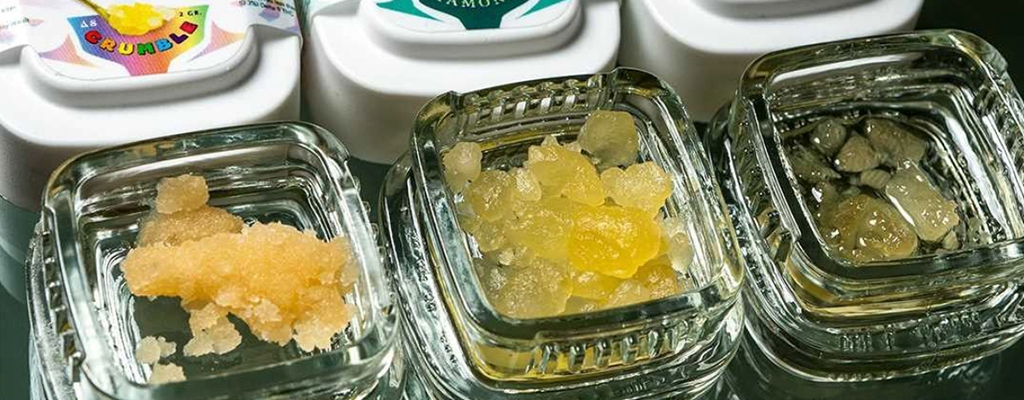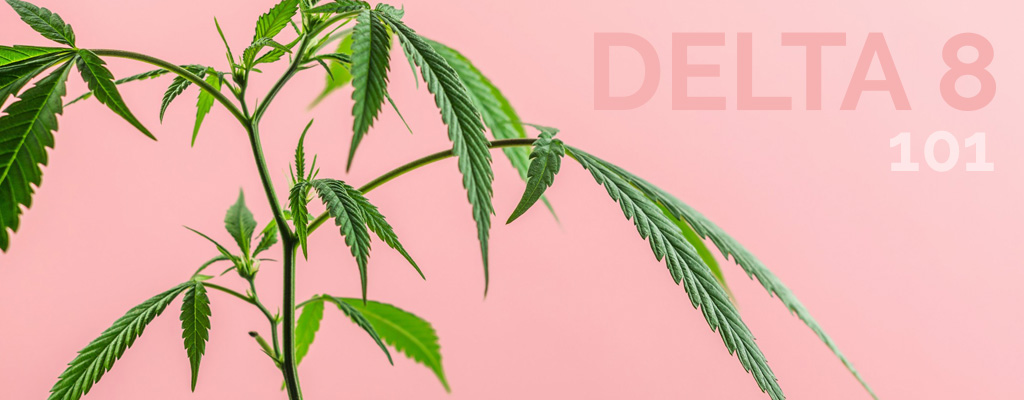TL;DR: This guide introduces THC-P, a potent cannabinoid known for its strong effects, and explores its practical aspects:
- Potency and Effects: THC-P binds strongly to cannabinoid receptors, potentially making it more potent than other cannabinoids.
- Legality: Federally legal when derived from hemp; varies for cannabis-derived THC-P.
- Usage: Available in products like vapes and edibles; advisable to start with small doses due to its intensity.
While THC-P is new in the minds of most cannabinoid enjoyers, it’s been a known quantity in some scientific circles since the 1940s.
Some specialized research aside, this cannabinoid hadn’t made a big splash until after hemp-derived cannabinoids became legal thanks to the 2018 Farm Bill.
So, what is THC-P, and what sets it apart from other cannabinoids? What effects does it have? What does the experience feel like?
Keep reading to learn more about THC-P and what makes it a unique and especially popular cannabinoid.
Understanding THC-P
THC-P is the common name for tetrahydrocannabiphorol, a chemical found in cannabis and hemp plants. More specifically, this chemical is a cannabinoid. That means it interacts with the endocannabinoid system and produces specific effects.
The effects of the THC-P cannabinoid are similar to the majority of others available for purchase. It has psychoactive effects, meaning it produces effects like an elevated mood and changes in perception. In other words, THC-P gives users a high that’s similar to the effects of Delta 8 or HHC.
So, what sets THC-P apart from other cannabinoids? What makes it different chemically and on a more practical level?
This cannabinoid was first identified in the 1940s, according to research published at that time in the Journal of the American Chemical Society. For many decades, it didn’t receive much, if any, attention.
That changed in 2019 when THC-P was identified as existing in small amounts in cannabis plants. That discovery revived interest in this cannabinoid and helped raise its profile as a consumer product.
Leafwell explains that each THC-P molecule has a longer strain of carbon atoms attached to it. That’s in comparison to Delta 9 THC, the dominant cannabinoid found in cannabis plants and often the standard used when comparing cannabinoids. THC-P has seven carbon atoms in its chain, while Delta 9 has five in its chemical structure.
That may sound like a minor structural difference. However, even minute changes on the molecular level can have a major influence on how those molecules behave and interact with the human body.
In the case of the THC-P cannabinoid, those extra carbon atoms appear to increase its ability to bind to our body’s cannabinoid receptors. Research published in the peer-reviewed journal Scientific Reports offers more details about the unique nature of THC-P.
This is a key fact to keep in mind, as it may mean that THC-P is significantly more powerful than other, and otherwise similar, cannabinoids. The Scientific Reports research found that THC-P is 33 times more active in binding with CB-1 receptors in the human endocannabinoid system than Delta 9 THC. It’s also 5-10 times more effective in binding with CB-2 receptors than Delta 9.

Putting THCP Potency into Context
The effectiveness of THC-P is one of the key reasons why so much interest has sprung up around this cannabinoid — why plenty of people are asking, “What is THC-P?”
THC-P does appear to be more potent than many other cannabinoids. However, it’s important to recognize that comparing binding activity with cannabinoid receptors does not provide a perfect ratio to the intensity of a high.
It’s difficult to say if this cannabinoid actually delivers a high 33 times more potent (or 5-10 times more potent, taking CB-2 receptors into account) than that of Delta 9. What we can say is user reports indicate that the potency of THC-P is strong and is a common reason for using it.
Practical Information about THC-P: Legality, Use & More
THC-P is regulated differently in the United States depending on where it is sourced from.
Although only present in very small amounts in cannabis plants, THC-P derived from cannabis is illegal federally but legal in some states. That’s due to state-level laws legalizing the medical and/or recreational use of cannabis.
The 2018 Farm Bill, a piece of federal legislation, legalized THC-P derived from hemp plants on the federal level. This was a side effect of legalizing commercial hemp production.
The law states that hemp containing no more than 0.3% Delta 9 THC by dry weight can be produced and sold. Early industry leaders in our field recognized that many cannabinoids could be produced from those hemp plants. That’s why you can buy Delta 8, THC-P, and even hemp-derived Delta 9, even in many states where cannabis remains illegal.
In this case, THC-P is normally created through a chemical conversion process. CBD, a cannabinoid found in large amounts in hemp plants, is often the source.
How People Use THC-P
While recognized for its potency, THC-P is used in a similar way to many other cannabinoids. It’s available in a wide variety of products, like vapes, edibles, and flower. You can find THC-P as a sole active ingredient and in combination with other cannabinoids.
The buzz around this cannabinoid has led to many brands and formulations becoming available. If you want to try THC-P, you’ll likely find an option that’s in line with your existing tastes and preferences.
The most important thing to keep in mind when using THC-P is its potency. While it may not be precisely 33 times stronger than Delta 9, user reports generally indicate that it produces intense effects.
Our advice is to take a low and slow approach. It’s easy to increase a dose later on, but you can’t “take back” THC-P that you’ve already consumed.
Consider starting with half of a gummy instead of a full dose, for example. This is especially valuable advice because edibles take a while to kick in and can produce more intense effects than smoking or vaping.
If you smoke or vape THC-P, start off with just a brief puff or two and wait for the effects to kick in.
High-Quality THC-P From Delta 8 Resellers
Delta 8 Resellers brings you a wide range of THC-P products from the industry’s best brands. We’re committed to quality, so we share the results of independent lab testing on products whenever it’s available. It’s all about offering the very best federally legal cannabinoids.



